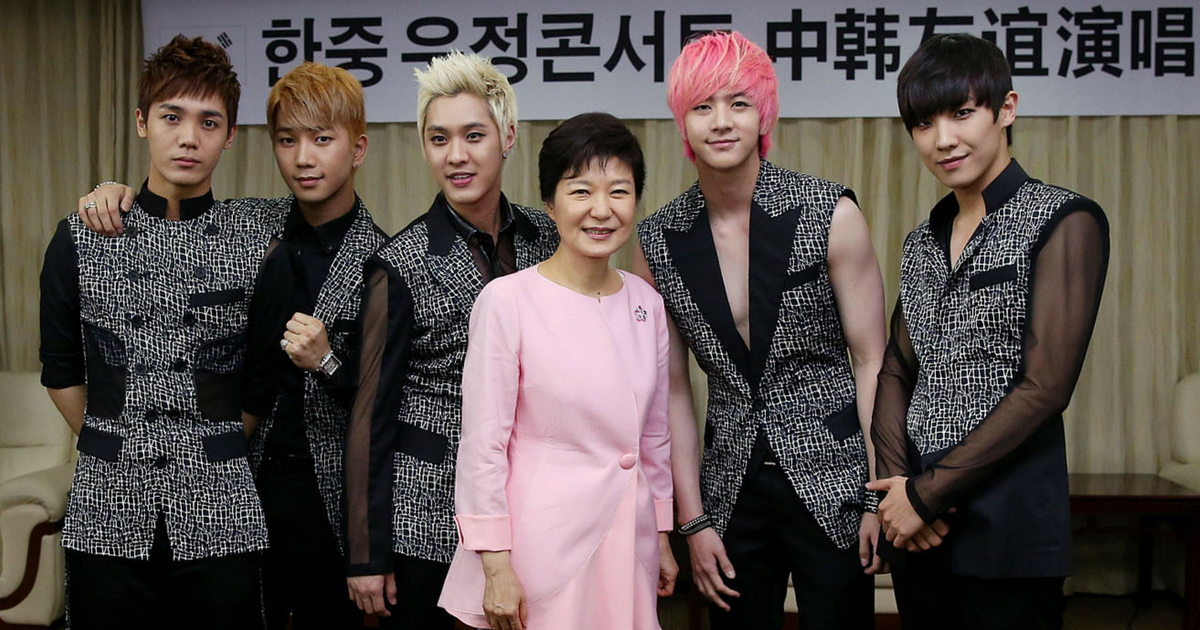On the 24th, Kakao suddenly drew attention by disclosing the details of the shareholder composition. It was interpreted as a response to the growing controversy surrounding Kakao’s investment in SM, especially when some pointed out that “if you hand over your stake in SM Entertainment to Kakao, you are handing over K-pop to the Chinese capital.”
According to Kakao, as of the end of last year, shareholders with more than 5% were △ founder Kim Bum-soo and K Cube Holdings and related parties (24.14%) △ National Pension Service (6.05%) △ MAXIMO PTE (5.93%). Maximo, a subsidiary of Chinese big tech company Tencent, invested 72 billion won in Kakao in 2012 and acquired a 13.3% stake then. Later, while merging Daum Communications and attracting additional investment, Maximo’s stake in Maximo gradually decreased, but the ‘Chinese capital’ tag still follows Kakao. The fact that Kakao Bank and Kakao Pay attracted investments from Tencent and Ant Group subsidiaries, respectively, also contributed to this misperception.
However, Kakao’s share of domestic investors is overwhelming at 73.9%. The share of foreign ownership is also 26.11%, half of the combined percentage of domestic institutions (6.97%) and individuals and other corporations (40.82%). By nationality, Singaporeans accounted for 7.3%, North Americans 7.2%, and other foreigners 11.6%. Inside and outside the industry, it is believed that Kakao, competing with Hive for SM, made an unusual disclosure of the shareholder composition to emphasize that it is a ‘national stock’ rather than a Chinese capital.











